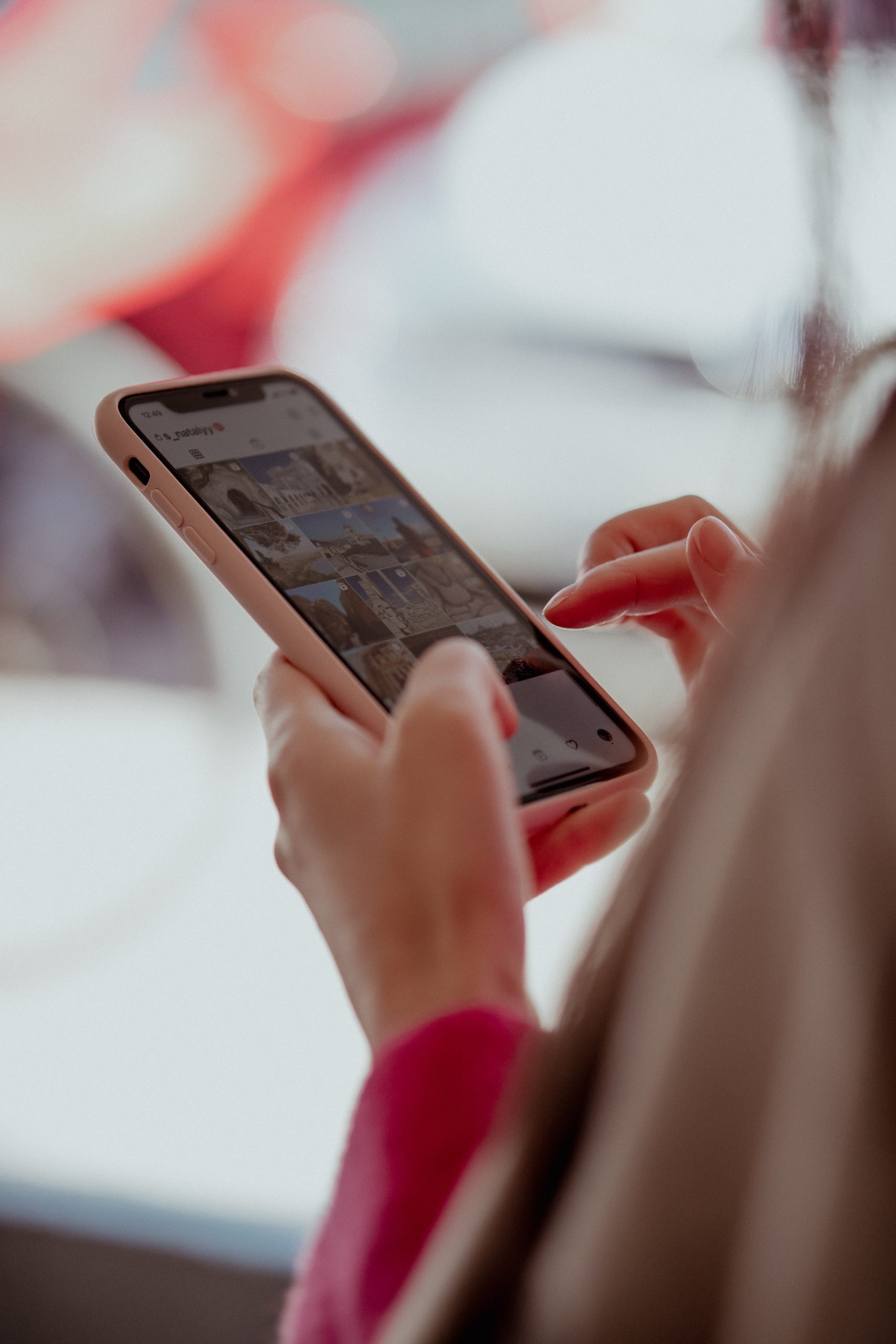Posts about social media

We are the social network
If you are reading this, it might be because you received a message from me to say that I am deleting my Facebook and Instagram[…]

Reel to Reel
For every positive laugh, 'micro-learning' moment or adopted kitchen 'hack', there are countless utterly banal and pointless minutes and hours of 'content' passing through[…]

Saying Nothing is an Option
Before I go any further, I should point out that, utterly bereft of any qualification to comment on the complex geopolitics of the region,[…]
© 2026 Jude Mills. Created with ❤ using WordPress and Kubio